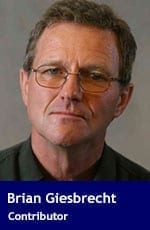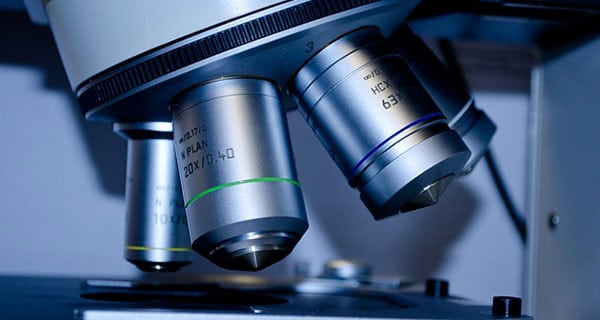 Proposed federal legislation dealing with environmental assessment changes, Bill C-69, says that “traditional knowledge of the Indigenous peoples of Canada” should be considered when assessing projects.
Proposed federal legislation dealing with environmental assessment changes, Bill C-69, says that “traditional knowledge of the Indigenous peoples of Canada” should be considered when assessing projects.
In effect, this legislation would place traditional knowledge on an equal plane with science. It does not, however, define traditional knowledge.
A deputy minister from Quebec said the bill must be clear about how traditional knowledge is to be used alongside scientific knowledge. Professionals who plan and assess projects need this information to be effective.
The deputy minister’s rational observation was met with criticism from Indigenous leaders, who claimed he was being offensive and even racist. Quebec politicians immediately issued an apology and retraction.
So what is Indigenous traditional knowledge?
I got a description from a CBC Radio interview with the head of the University of Manitoba’s new Indigenous Knowledge Department. She explained that “traditional knowledge, which is the same thing as Indigenous science,” has been vital for the survival of Indigenous people. A hunter-gatherer culture depended on information about the movement of animals, changes in the weather and the medicinal properties of plants, for instance. She claimed that this important information has been passed on orally through many generations. Because Indigenous culture had no written languages, “knowledge keepers” had special status in these societies.
There’s no question she was accurately portraying the value of accumulated wisdom. It’s truly remarkable that a group of people with little technology or literacy was able to flourished in such a cold and hostile region. Information transmitted orally through generations obviously played a major role in their survival.
She went on to explain that Indigenous knowledge had a spiritual dimension as well as an informational component. Only certain people, who had to be Indigenous, could access the knowledge or be entrusted with it. Mystical concepts like the “medicine wheel” were involved. In her conception, knowledge was more than just factual information passed through the generations. It was a combination of information, knowledge and spiritualism. Both the keepers and the knowledge had magical or mystical powers that could not be understood by non-Indigenous people – or indeed even by Indigenous people who had not been gifted with the keepers’ spiritual powers.
The notion of Indigenous knowledge delivered through a magical or spiritual component disagrees with the accepted definition of scientific knowledge.
In science, a critical perspective and the ability to test hypotheses is crucial.
Scientists collect data and analyze it. The results are published in recognized journals for all to see. They are carefully scrutinized and critiqued by other scientists. Only after that critiquing can the hypothesis be considered legitimate – and even then, it will be challenged if new information becomes available.
But that process is not possible with Indigenous knowledge and science. A keeper claims special powers, and only he or she can understand the information. The information is not published in a way that others can criticize. Moreover, the knowledge keepers can’t be questioned because only certain people have the ability to understand the information.
It’s clear that Indigenous traditional knowledge or Indigenous science are very different from science as we know it.
This is not to say that Indigenous traditional knowledge or science is not important. Every oral culture has passed along information that’s vital to its survival. North American Indigenous people are no exception. Information pertaining to weather patterns, flora and fauna, and the like can be very valuable to engineers and scientists who assess projects. In most cases, this information will be gratefully received.
But the mystical and secret part of traditional knowledge alone disqualify it as science.
One can imagine situations where engineers and scientists responsible for a complex project must compare notes and attempt to come to an agreement with one of these knowledge keepers. Where that keeper relies on magic and mysticism, the engineers and scientists rely on the science of theories, numbers, algorithms and logic. The two don’t mix.
The professionals are responsible for the safety of Canadians and it would be wrong to compromise that safety for the sole reason of not offending a special interest group under the guise of reconciliation.
Bill C-69 would change the definition of science for political purposes. That would be reckless and wrong.
Brian Giesbrecht is a retired judge and a senior fellow with Frontier Centre For Public Policy.
The views, opinions and positions expressed by columnists and contributors are the author’s alone. They do not inherently or expressly reflect the views, opinions and/or positions of our publication.


